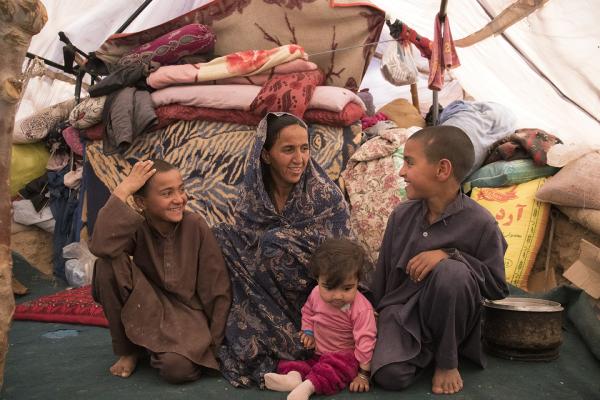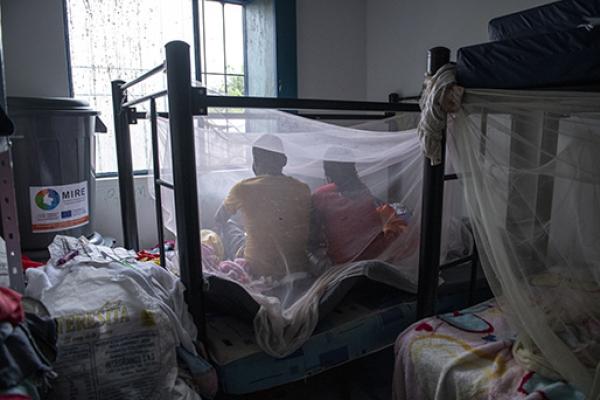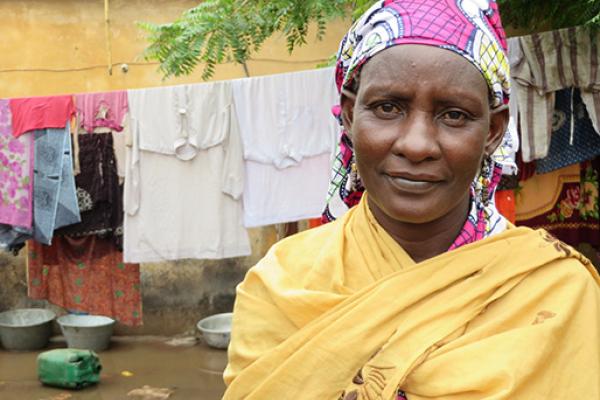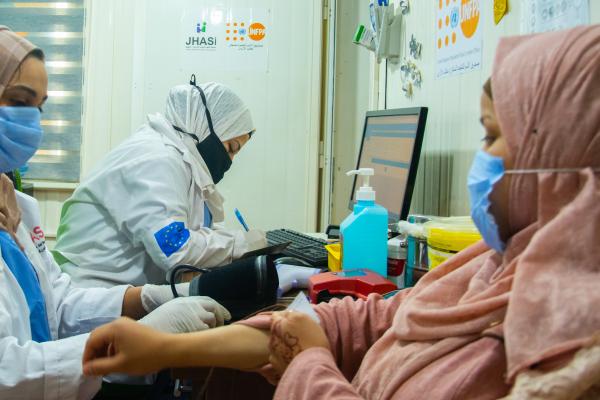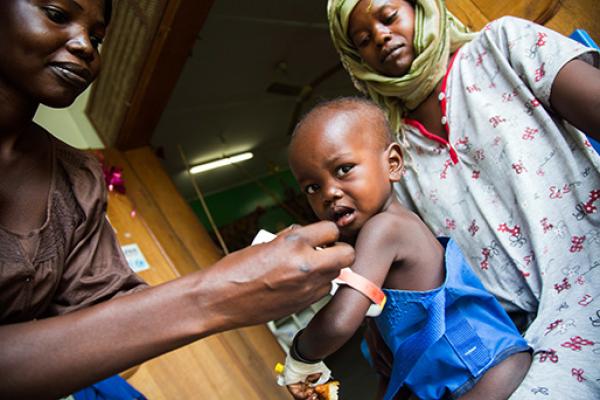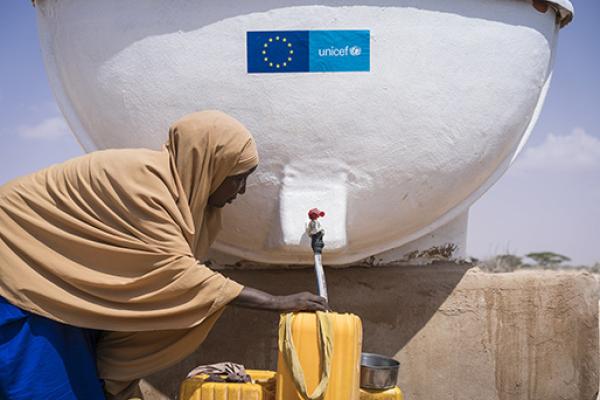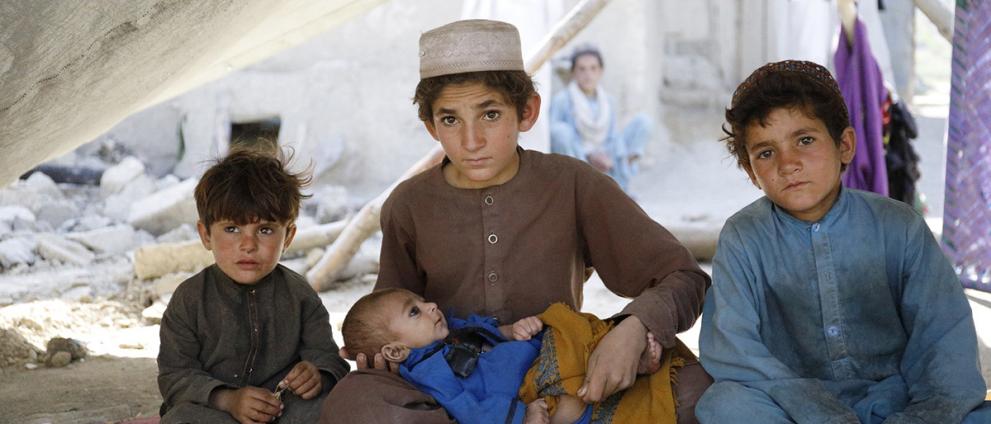
As the humanitarian situation in Afghanistan continues to be of serious concern, the EU has released €61 million in humanitarian aid to address the needs of vulnerable people in the country, as well as refugees in neighbouring Pakistan.
A total of €60 million are allocated for humanitarian organisations working in Afghanistan and another €1 million, for those in Pakistan.
The new funding will help address the food crisis in Afghanistan, where nearly half of the population is acutely food insecure. It will also serve to cover other needs such as shelter, protection, health care, nutrition and water and sanitation, notably for the population affected by the string of earthquakes that hit the west of the country in October.
Part of the funding will also support Afghan refugees returning to Afghanistan, prioritising protection monitoring, and immediate support in host communities.
This new assistance comes in addition to the nearly €94 million in humanitarian aid already allocated this year for Afghanistan, including the €4.5 million package approved following the recent earthquakes. EU humanitarian aid in Afghanistan is solely channelled through humanitarian partners on the ground.
Janez Lenarčič, Commissioner for Crisis Management, said: “The humanitarian needs of Afghan people remain very worrying, even more following the devastating earthquakes. The EU acted immediately after the disaster with a first emergency aid package, and now we add a substantial increase in funding to help the Afghan population still struggling in the affected areas but also across the country, as well as those that are still in Pakistan or returning.”
Background
Afghanistan remains one of the largest humanitarian crises in the world, with over 29 million people in need of humanitarian assistance this year. Over 90% of the population lives below the poverty line and around 17 million people are experiencing acute food insecurity. Despite access challenges, the EU continues to ensure the delivery of life-saving assistance, with over €1.7 billion in humanitarian funding since 1994.
Since 2021, an EU Humanitarian Air Bridge to Kabul has been organised in the framework of the European Humanitarian Response Capacity, which aims at filling gaps in the humanitarian response to natural and human-made disasters. 31 flights were completed until early October, delivering more than 1,340 tonnes of life-saving aid.
Following the deathly earthquakes that hit the Herat region in October, the EU launched a second Humanitarian Air Bridge to Herat. A first flight landed on 30 October, carrying 92 tonnes of essential supplies, including tents and other winter items from the EU stocks in Dubai. A second flight, from Brindisi, is planned in the coming days carrying 95 metric tonnes of medical cargo and winterisation supplies.
Details
- Publication date
- 7 November 2023
- Author
- Directorate-General for European Civil Protection and Humanitarian Aid Operations (ECHO)

